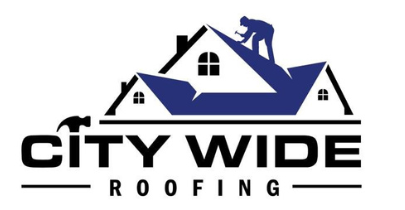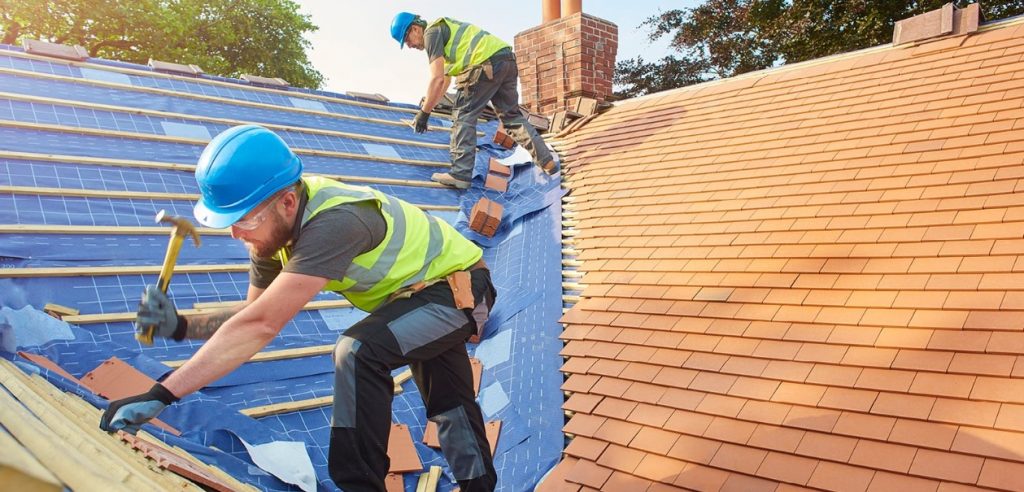A roof over your head is more than just a basic need – it’s your shelter, your fortress, your safe haven. That’s why taking care of your residential roofing should be a top priority for any responsible homeowner. But with so many things to juggle, from work to family to hobbies, it’s easy to overlook the importance of regular maintenance and repairs. Fear not, for we’ve got your back! In this article, we’ll guide you through the ins and outs of residential roofing care, from preventive measures to emergency fixes. Whether you’re a seasoned DIY enthusiast or a complete novice, you’ll find plenty of tips and tricks to keep your roof in top shape and save you time, money, and headaches in the long run. So let’s get started, shall we?
Basic Residential Roofing Maintenance
Taking care of your roof is like taking care of your car – regular maintenance can keep it running smoothly and save you from unexpected breakdowns. When it comes to your residential roofing, there are a few simple tasks you can do to help prolong its life and prevent major issues down the line. Here are some basic tips to keep in mind:
Regular inspections
Regular inspections are an important aspect of taking care of your residential roofing. Not only can they help identify any issues before they turn into costly repairs, but they can also help maintain the overall health and longevity of your roof. A roofing professional will typically conduct a comprehensive assessment of your roof during an inspection, checking for any signs of damage, leaks, or wear and tear. It is recommended to have your roof inspected at least twice a year, ideally in the spring and fall, to ensure that any potential issues are addressed in a timely manner. By keeping up with regular inspections, you can help prolong the life of your roof and avoid more significant repairs down the line.
Cleaning gutters and downspouts
Cleaning gutters and downspouts is an important aspect of residential roofing maintenance that should not be overlooked. When gutters and downspouts become clogged with debris such as leaves and sticks, they can prevent water from properly draining off your roof, leading to water damage and leaks. It is recommended to clean your gutters and downspouts at least twice a year, in the spring and fall, or more frequently if you have trees that shed a lot of leaves or live in an area with heavy rainfall. Regular cleaning can help prevent costly repairs and keep your roof in good condition.
Trimming trees and vegetation
Trimming trees and vegetation around your residential roofing is an important aspect of maintenance that is often overlooked. Overhanging branches can scratch and damage the surface of your roof, while leaves and debris can clog gutters and downspouts, leading to water damage. It is recommended to trim any trees or vegetation that are within six feet of your roof at least once a year to prevent these issues and ensure that your roof stays in good condition.
Addressing issues promptly
Addressing issues promptly is crucial in ensuring the health and longevity of your residential roofing. Any issues that arise, such as leaks or damaged shingles, should be addressed promptly to prevent further damage and more costly repairs down the line. Common issues that homeowners may encounter include cracked or missing shingles, leaks, and damage from severe weather conditions. It’s important to contact a qualified roofing professional to assess the issue and determine the best course of action for repair or replacement.
Common Types Of Residential Roofing Repairs
Residential roofs are susceptible to a variety of damages, which can lead to necessary repairs. Common types of repairs include replacing damaged or missing shingles, fixing leaks, and repairing damaged flashing around chimneys or other roof protrusions.
DIY vs. Professional Repairs
When it comes to repairing your residential roofing, it can be tempting to try and save money by doing the repairs yourself. However, not all repairs are suitable for DIY, and attempting to do so can result in further damage or even injury. Here are some things to consider when deciding whether to DIY or hire a professional:
Experience and skill level: If you have experience with roofing repairs and feel confident in your skills, you may be able to handle certain repairs on your own. However, if you have no experience or are unsure of your abilities, it’s best to hire a professional.
The complexity of the repair: Some repairs are straightforward and can be easily done by a homeowner with the right tools and materials. More complex repairs, such as those involving structural damage or extensive leaks, should be left to professionals.
Safety concerns: Roofing repairs can be dangerous, especially if you don’t have the proper safety equipment or training. If there is any risk of injury, it’s best to leave the repairs to a professional.
Ultimately, it’s important to weigh the potential cost savings of DIY repairs against the risks and benefits of hiring a professional. For complex or dangerous repairs, it’s always best to consult with a reputable roofing contractor.
A well-maintained roof is crucial for the protection and longevity of your home. By performing regular inspections, cleaning gutters and downspouts, trimming trees and vegetation, and addressing issues promptly, you can help ensure that your residential roofing stays in good condition for years to come. If you’re not comfortable performing repairs yourself, don’t hesitate to reach out to a trusted roofing professional like City Wide Roofing. They have the experience and expertise to handle any residential roofing needs you may have.


